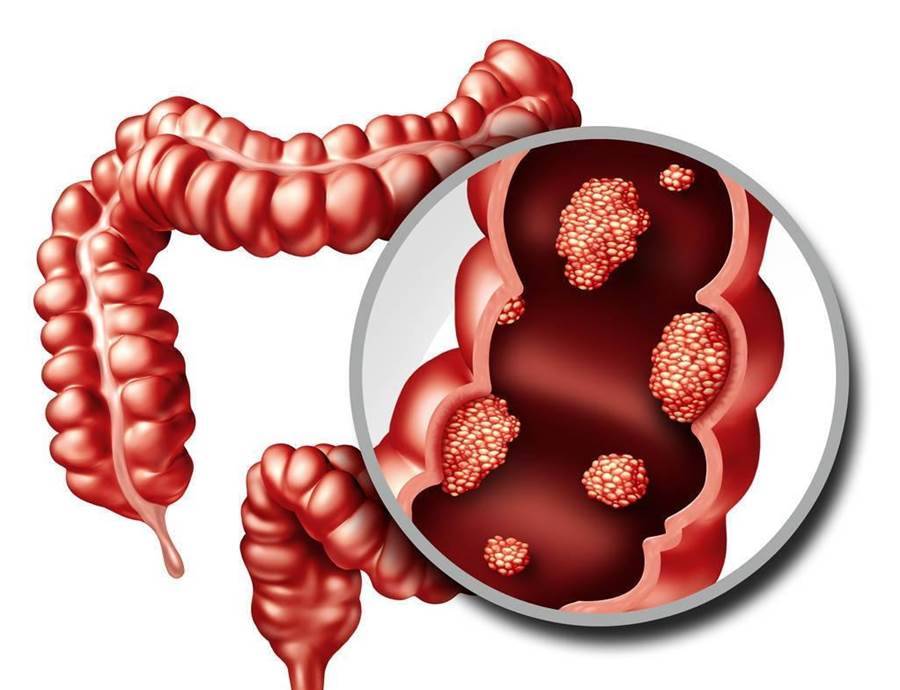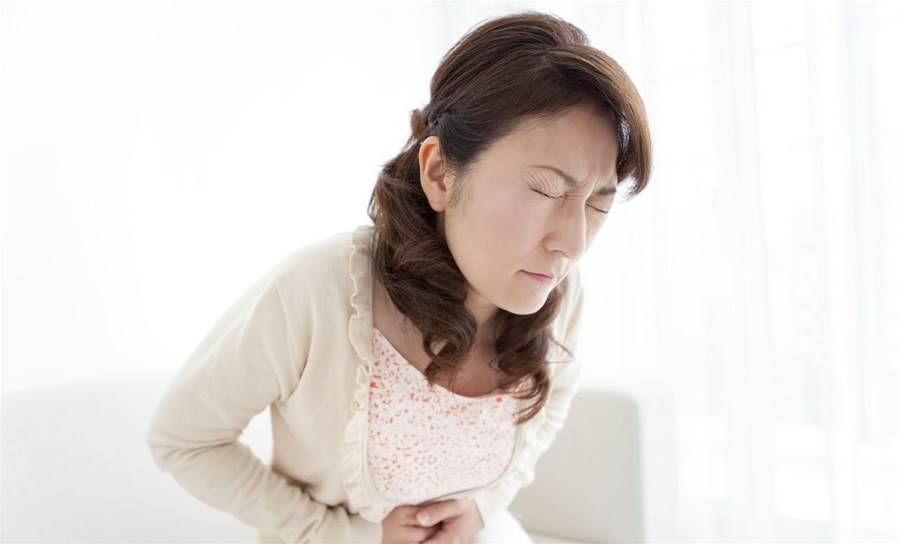
For example, the most common abdominal pain and blood in the stool are common symptoms of colon cancer, but these symptoms are easy for us to ignore. In this case, let's take a comprehensive look at the symptoms of colon cancer and actively prevent colon cancer.

What are the common symptoms of colon cancer?
1. Blood in the stool and abdominal pain.
The patient is diagnosed with abdominal pain and black or bloody stools. Indeed, colon cancer often results in bloody stools, or pus and blood in the stools. When blood is mixed with the feces, the stool becomes jam-like.
This is due to erosion and necrosis of the lower colon or rectal cancer, which causes bloody stools. Intestinal cancer often causes erosion, necrosis and secondary infection, which increases the peristalsis of the corresponding intestinal segments and causes intestinal flexure spasm, often causing abdominal pain of varying nature and degree.

2. Gastrointestinal symptoms. Symptoms include abdominal bloating and discomfort or indigestion-like symptoms. Among them, right colon cancer usually presents with abdominal pain, discomfort or dull pain. It may be intermittent at first and then become continuous.
3. Symptoms related to intestinal obstruction.
The article is not finished. Click on the next page to continue.
The article is not finished. Click on the next page to continue.
Next page


















